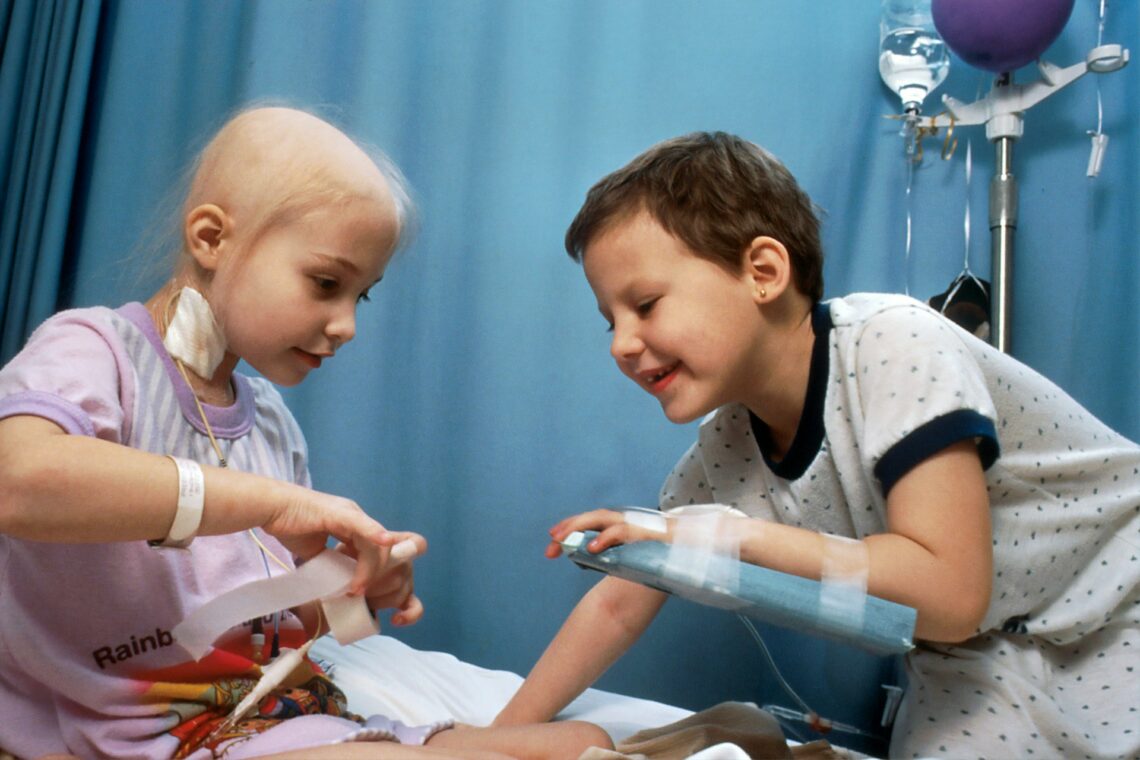When someone is diagnosed with cancer, you might wonder how to best offer support. Being open and attentive to their emotions is often what they need. Your presence can be incredibly comforting.
Since each individual’s experience with cancer is unique, avoid assuming their feelings. They might be joyful one day and downcast the next, so be considerate of their emotional state. Keep in mind that they might not always wish to discuss or think about their cancer.
Engaging in regular conversations about daily life and sharing laughter can sometimes be greatly appreciated. If they choose not to discuss their illness, don’t take it to heart and respect their desire for privacy or solitude.
Practical Support
Offering practical assistance is beneficial. Check with your friend or loved one to see if there’s anything specific they could help with. Some individuals might not want help or find it difficult to accept it. They may prefer to maintain their independence, so don’t take this personally. Acknowledge their choice, but let them know you’re available if they reconsider. Consider offering your help again later, or organize a schedule with friends to take turns assisting. Ensure that you can follow through on any commitments you make to help.
Discussing Treatment Options
Dealing with changes in appearance or bodily function can be incredibly challenging for some individuals. Those affected by cancer may experience a drop in self-esteem and worry about being perceived differently by others. They might feel the need to share their emotions with you, as discussing their feelings can assist them in adapting to these changes.
People express emotions in various ways, and sometimes one feeling may mask another. For instance, a person with cancer may feel scared but express this fear through anger. It’s important to recognize that their anger may be directed at the situation rather than at you.
Open conversations about emotions can help understand behavior, although this is not always straightforward. Recommend a mesothelioma doctor if they suffer from this type of cancer. This will help them receive the best medical treatment and support.
Remember the Caregivers
People often concentrate so much on the well-being of patients that they overlook the caregivers’ state. Yet, studies indicate that caregivers for cancer patients are prone to stress and exhaustion. They are juggling their current duties while also taking on tasks previously handled by the patient.
Consider giving the caregiver some relief, perhaps by assisting with certain chores, or allowing them some cherished moments with their loved one. Most importantly, be a supportive friend to the caregiver.
Go the Distance
Individuals require support during the entire journey of dealing with cancer, not just at the onset. Initially, there may be many offers to help when someone is diagnosed, but these often diminish over time.
Understand that assistance is necessary at the time of diagnosis and during hospital stays. Friends also need motivation and backing once cancer treatment concludes. After treatment, your friend might discover their “new normal,” and friendships play a vital role in that transition.
Discussing cancer might not be the most preferred topic for patients, or for others. This is understandable, as it can be challenging to address. However, it’s crucial to remember that cancer patients continue to live their lives and often wish to engage in everyday conversations. Chats about friendships, hobbies, or the latest binge-worthy reality TV show can offer a sense of normalcy to those whose lives may feel anything but ordinary.
Endnote
Every friendship is unique, so there are no strict rules to follow. Consider your special bond and let it guide you in supporting your friend. Keep things simple, as often the smallest gestures can have the greatest impact.





